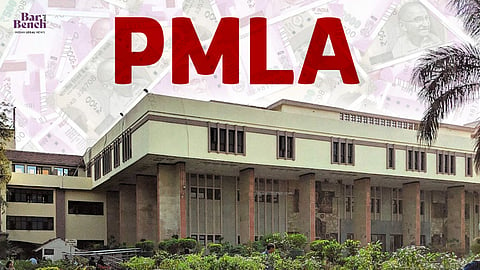
- Latest Legal News
- News
- Dealstreet
- Viewpoint
- Columns
- Interviews
- Law School
- Legal Jobs
- हिंदी
- ಕನ್ನಡ

The Delhi High Court held on Monday that even though cricket betting is not a scheduled offence under the Prevention of Money Laundering Act, 2002 (PMLA), property generated from illegal betting can be attached as the proceeds of crime by the Enforcement Directorate (ED) [Naresh Bansal and Ors v Adjudicating Authority and Anr].